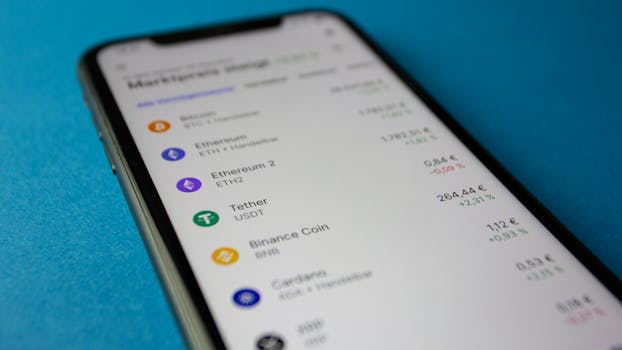
Navigating the Future: Emerging Trends in Fintech Technology
Fintech technology is rapidly changing the financial landscape, and it’s essential to stay ahead of the curve. Emerging trends in fintech are transforming the way we handle money, make transactions, and manage our finances. In this article, we’ll delve into the latest developments in fintech technology and explore how they are revolutionizing the financial industry.
Introduction to Fintech

Fintech, short for financial technology, refers to the use of technology to improve and automate financial services. It encompasses a wide range of innovations, from mobile payment systems to blockchain technology. Fintech has been gaining momentum over the past decade, with investments in the sector increasing exponentially. The rise of fintech has led to the creation of new business models, products, and services that are changing the way we interact with financial institutions.
Emerging Trends in Fintech

Several emerging trends are shaping the future of fintech. Some of the most significant trends include:
- Artificial Intelligence (AI): AI is being used to improve customer service, detect fraud, and optimize financial operations. Chatbots, powered by AI, are becoming increasingly popular in the financial sector, providing customers with 24/7 support and helping to reduce costs.
- Blockchain Technology: Blockchain technology is being used to create secure, transparent, and efficient systems for financial transactions. It has the potential to revolutionize the way we make payments, transfer funds, and manage assets.
- Mobile Payments: Mobile payments are becoming increasingly popular, with the rise of contactless payments, mobile wallets, and peer-to-peer payment apps. Mobile payments are convenient, fast, and secure, making them an attractive option for consumers.
- Robo-Advisors: Robo-advisors are automated investment platforms that use algorithms to provide personalized investment advice. They are becoming increasingly popular, as they offer low fees, diversification, and ease of use.
- Cybersecurity: Cybersecurity is a critical issue in the financial sector, as the rise of digital banking and online transactions has increased the risk of cyber attacks. Fintech companies are investing heavily in cybersecurity measures to protect customer data and prevent financial losses.
The Future of Fintech

The future of fintech is exciting and uncertain. As technology continues to evolve, we can expect to see even more innovative solutions and products emerge. Some of the potential developments on the horizon include:
- Quantum Computing: Quantum computing has the potential to revolutionize the financial sector, enabling faster and more complex calculations. It could lead to breakthroughs in areas such as risk management, portfolio optimization, and fraud detection.
- 5G Networks: The rollout of 5G networks will enable faster and more reliable data transfer, which could lead to increased adoption of mobile payments and other fintech solutions.
- Central Bank Digital Currencies: Central bank digital currencies (CBDCs) are being explored by several countries, with the potential to provide a secure, efficient, and transparent system for financial transactions.
- Open Banking: Open banking is a trend that is gaining momentum, enabling consumers to share their financial data with third-party providers. It has the potential to increase competition, innovation, and customer choice in the financial sector.
Conclusion

Navigating the future of fintech requires a deep understanding of the emerging trends and technologies that are shaping the industry. As fintech continues to evolve, it’s essential to stay ahead of the curve and embrace the opportunities and challenges that it presents. By doing so, we can unlock the full potential of fintech and create a more efficient, secure, and customer-centric financial system.



